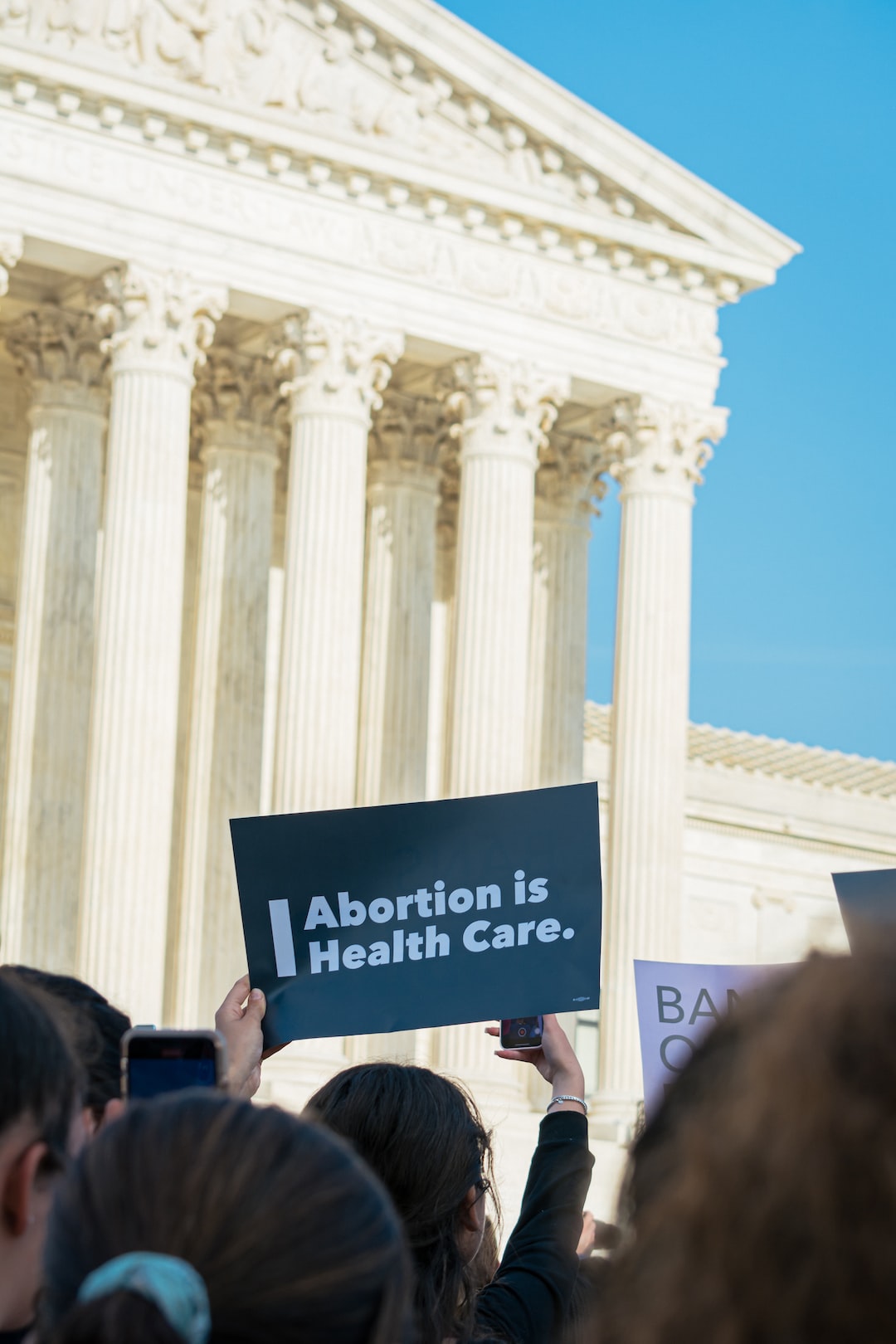The Importance of Creating a Will and Estate Planning
Death is a topic that many of us shy away from discussing. It is an uncomfortable thought to imagine our loved ones dealing with the aftermath of our passing. However, this avoidance can lead to significant complications and confusion for our family and beneficiaries if we do not have a will and estate plan in place. Taking the time to create a will and plan for the distribution of our assets is crucial, as it ensures that our final wishes are respected and our loved ones are protected.
One of the primary benefits of creating a will is the ability to dictate how our assets will be distributed after our death. Without a valid will, our estate will be subject to the intestacy laws of our jurisdiction, which means that the government will have the final say in who receives our assets. This can lead to certain family members being excluded or disputes arising among loved ones. By creating a will, we have the power to specify exactly who should inherit our property, money, and other possessions, thus minimizing the potential for conflicts and ensuring our assets are distributed according to our wishes.
Another important aspect of estate planning is appointing a guardian for minor children. If we have children under the age of 18 and we pass away without a will, the courts will determine who will assume guardianship of our children. This decision may not align with our preferences, and it can lead to custody battles and disputes between family members. By appointing a guardian in our will, we can ensure that our children will be cared for by someone we trust and that their future will not be left to chance.
Estate planning also allows us to minimize the tax burden on our beneficiaries. There are various tax implications associated with the transfer of assets, and without proper planning, our loved ones may inherit significant tax liabilities. By employing effective estate planning strategies, such as creating trusts or gifting assets during our lifetime, we can potentially reduce the amount of taxes that need to be paid upon our death, thus preserving more of our wealth for our beneficiaries.
Moreover, estate planning is essential for individuals who own businesses or have complex financial situations. Without a proper plan in place, the continuity of our business may be jeopardized, and our assets may not be managed and distributed according to our intentions. By creating a comprehensive estate plan, we can ensure that there is a smooth transition of ownership and management of our business, safeguarding its future and the livelihood of our employees.
Lastly, it is important to note that estate planning is not a one-and-done process. As our lives change and evolve, so too should our estate plan. Significant life events, such as marriages, divorces, births, and deaths, can impact our desires for the distribution of our assets. Regularly reviewing and updating our will and estate plan ensures that they accurately reflect our current circumstances and wishes.
In conclusion, creating a will and estate plan is a vital task that everyone should prioritize. It gives us control over the distribution of our assets, protects our loved ones, and helps minimize potential conflicts and tax burdens. By taking the time to plan for our final wishes, we can provide peace of mind for ourselves and our families, knowing that our legacy will be carried out according to our intentions.

